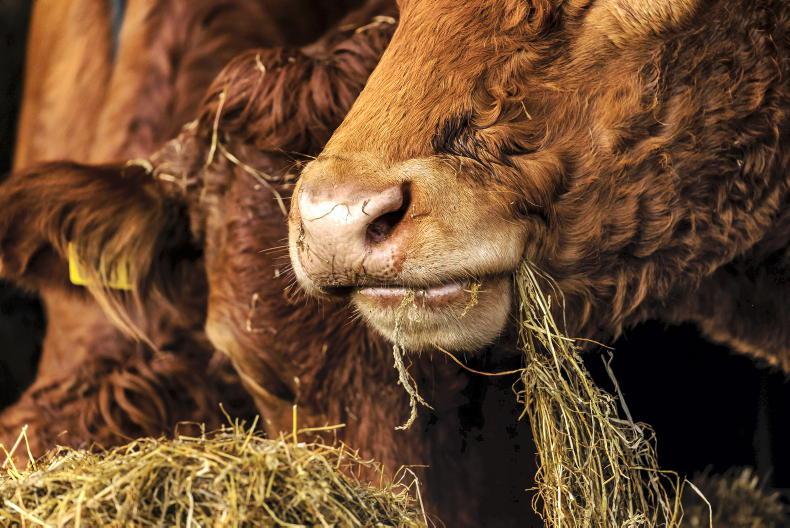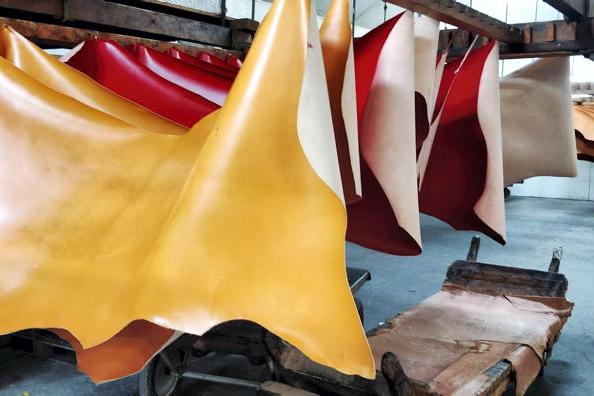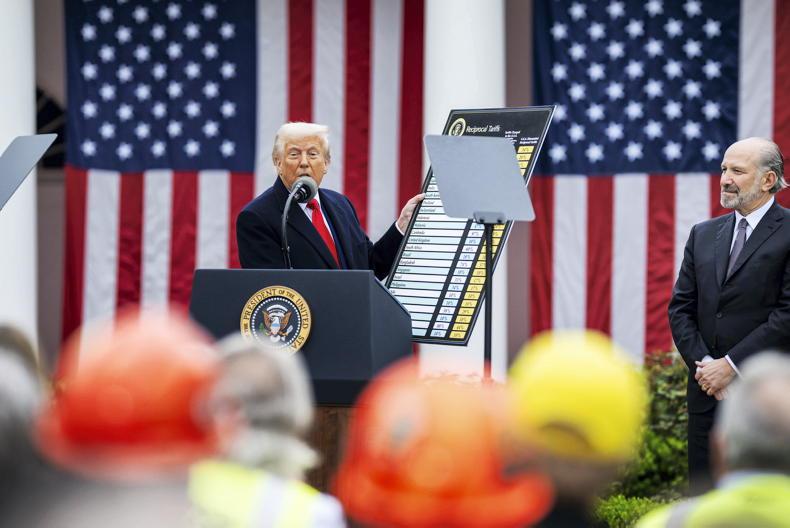Ireland now qualifies to apply for negligible risk BSE status for our cattle herd at the annual meeting of the world organisation for animal health (OIE) held in May this year. Negligible risk is the best status that can be achieved by any country in relation to BSE, with controlled risk the next best option.
By now, most of the world is negligible risk, with just Britain, France, Canada and Greece, as well as Ireland, being in this category.
Classic BSE in cattle was a disease identified in the 1980s and prevalent in the 1990s, caused by feeding meat and bone meal that wasn’t properly treated. It became linked to a new variant of Creutzfeldt–Jakob disease (CJD), a rare but fatal brain disease in humans.
This new variant was attributed to the consumption of meat from cattle infected with BSE and as a result, countries with identified cases of the disease were subject to strict exporting conditions. For the UK, where it originated, it led to a prolonged and total ban on beef exports. Several countries throughout the world imposed a ban on Irish beef exports, some of which still exist.
Approval process
Northern Ireland (NI) has had negligible risk status for some time, as did Scotland, but they lost this status with discovery of a BSE case in 2018.
The Republic of Ireland had achieved negligible risk status for a brief period in 2015, but this was also lost due to the discovery of a single BSE case. In order to reapply, it is necessary that a country is free of classic BSE for six years, which now makes Ireland eligible.
There are two types of BSE; classic, which is associated with cattle consuming contaminated feed and atypical, which is completely random. Ireland did have a case of BSE last year, but this was an atypical case and therefore doesn’t impact the application. If, however, a classic case was to emerge in future, Ireland would revert to controlled risk status.
Why it matters to farmers
Many farmers see BSE like Foot and Mouth disease – something that happened in the past and had a huge impact on farming and the industry for a time, but is very much over. While BSE is in the past, its impact still prevails on the sector today, even if not directly at farm level.
Even though meat and bone meal is banned as an animal feed, factories operate under strict specified risk material (SRM) controls. Any parts of the carcase that are linked to the animal’s brain have to be removed and disposed of as Category 1 high risk material for cattle over 30 months at slaughter.
Achievement of negligible risk status would mean a big reduction in the volume of this material, with only the brain, skull, eyes and spinal cord remaining as SRM with the Category 1 high disposal cost. If processing costs are reduced for factories, it leaves more money available to buy cattle.
Saving €13 per head on OTM cattle
When the NI application was being prepared, the Department of agriculture and rural affairs (DAERA) quoted a Livestock and Meat commission assessment that put the value of reclassifying SRM from Category 1 risk to Category 3 material as worth £1.2m on 110,000 cattle in 2014.
This works out at the equivalent of €13 per head and if this was applied to the 634,724 cattle over 30 months slaughtered in the Republic of Ireland, in 2019 it would be worth €8.25m.
Market access
The other benefit of securing negligible risk status is market access, particularly in Asian countries. When access was secured to Japan in 2013, it was a condition that Irish exports came only from cattle under 30 months.
Approval for exports to China was only for frozen boneless beef and offal and bone-in beef cuts, which are popular with Chinese buyers, cannot be sourced from Ireland.
Indeed, Ireland has been excluded from exporting to China since the discovery of an atypical BSE case last year. If Ireland secures negligible risk status and can retain it, we should be able to trade in international markets as an equal with any other beef exporter.
It was part of the protocol for approval with China that Ireland notify any cases of BSE found and suspend exports while investigation was undertaken.
It has been a particularly prolonged process, but it is hoped that negligible risk status will lead to China giving the green light for resumption of exports and speeding up the extension of the approval of offal and bone-in beef as well.
BSE has been a drag on the Irish beef industry for a quarter of a century – this could be a final closure of that chapter.









SHARING OPTIONS